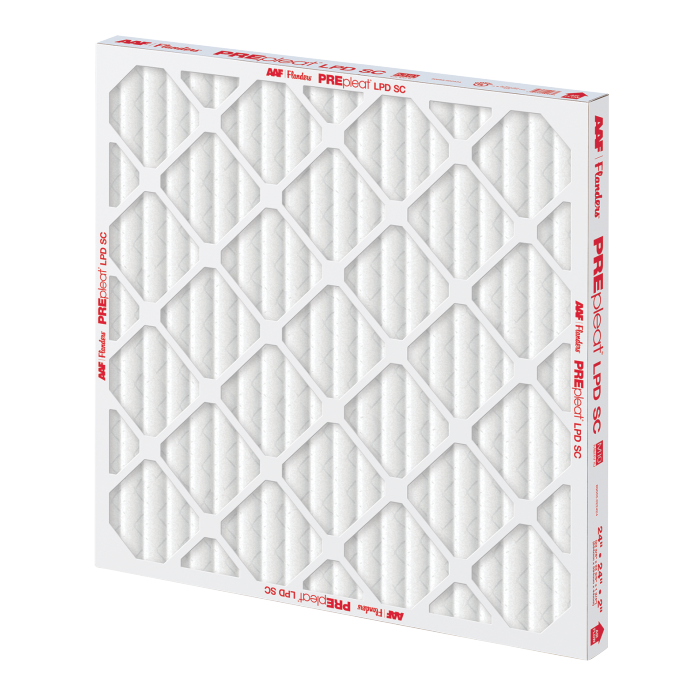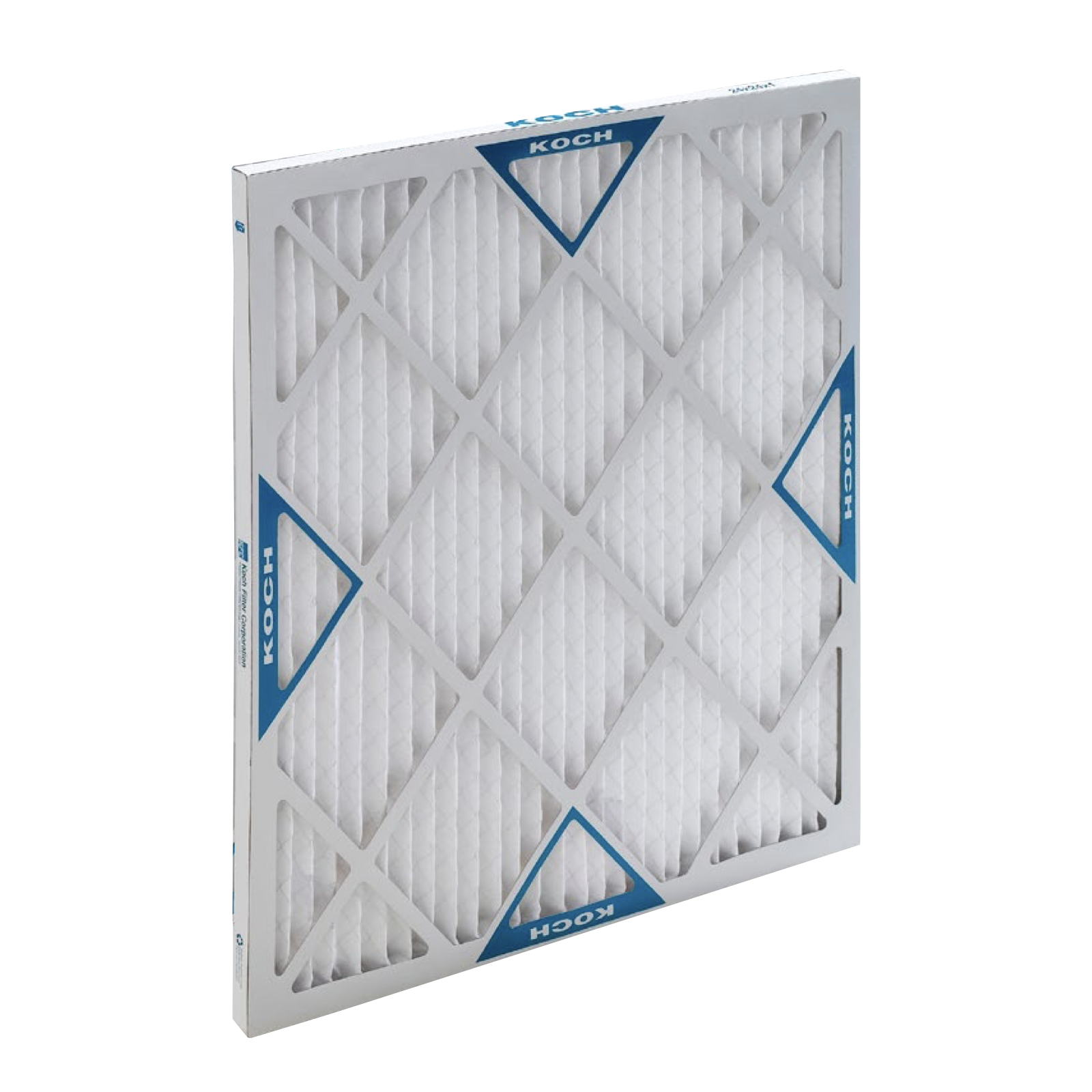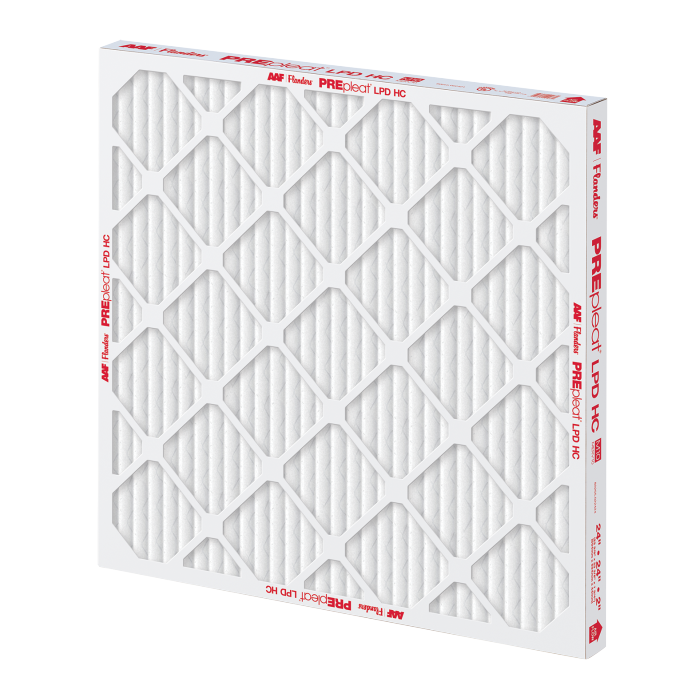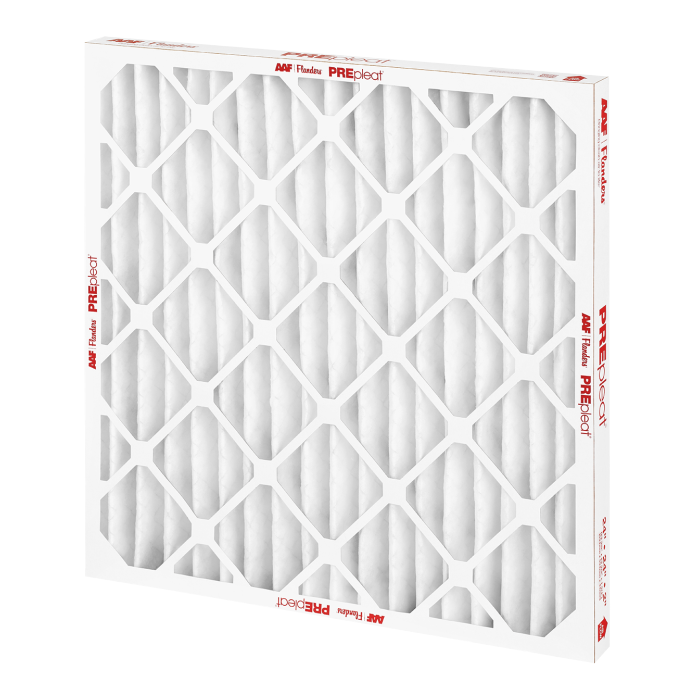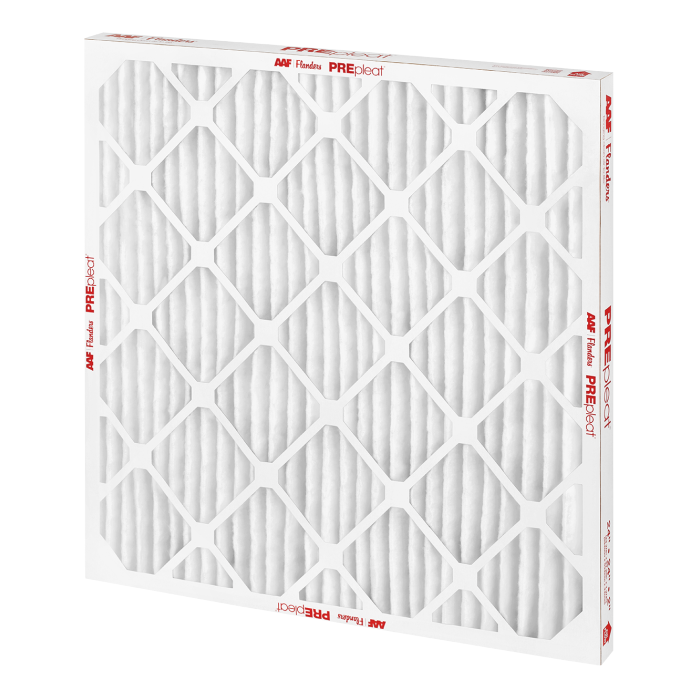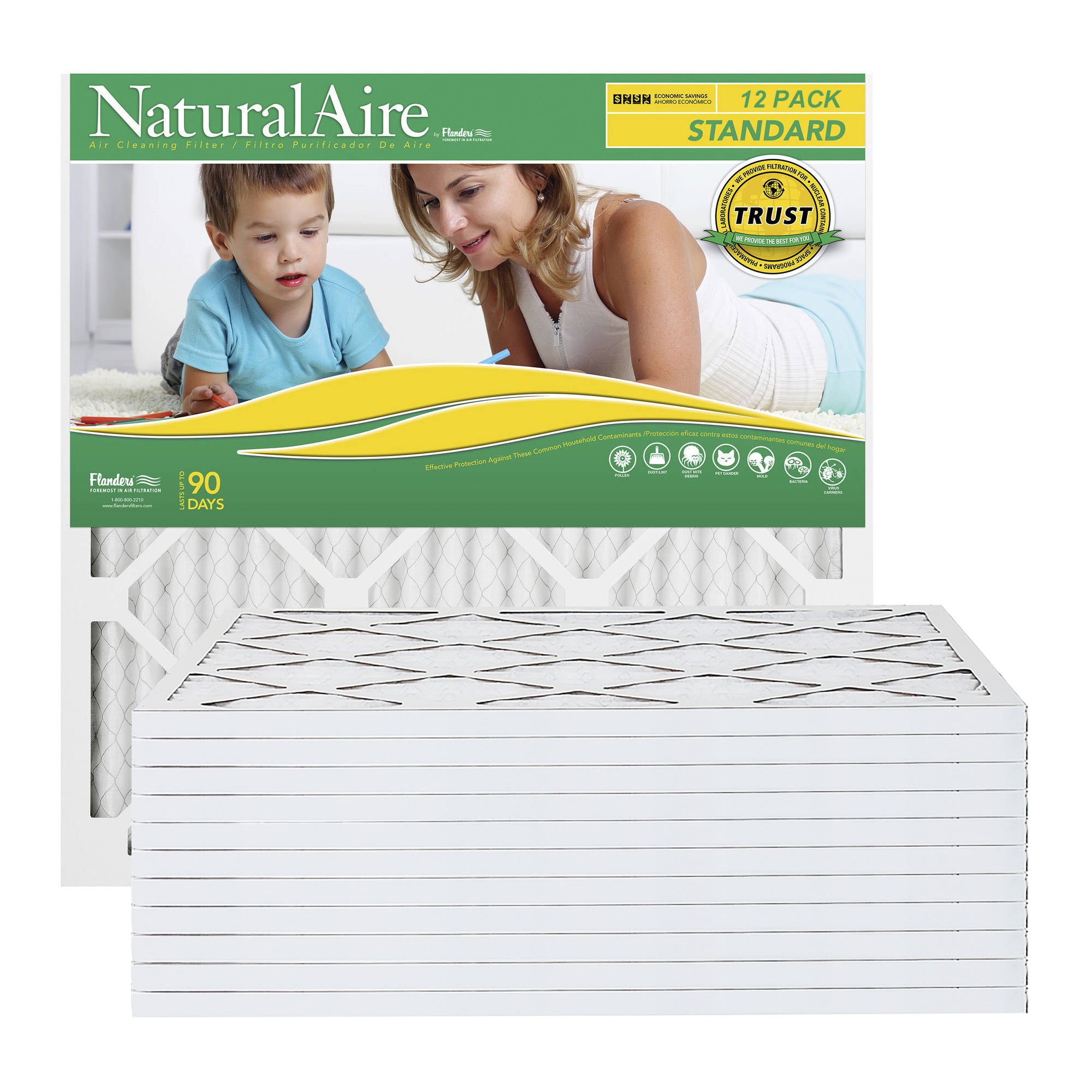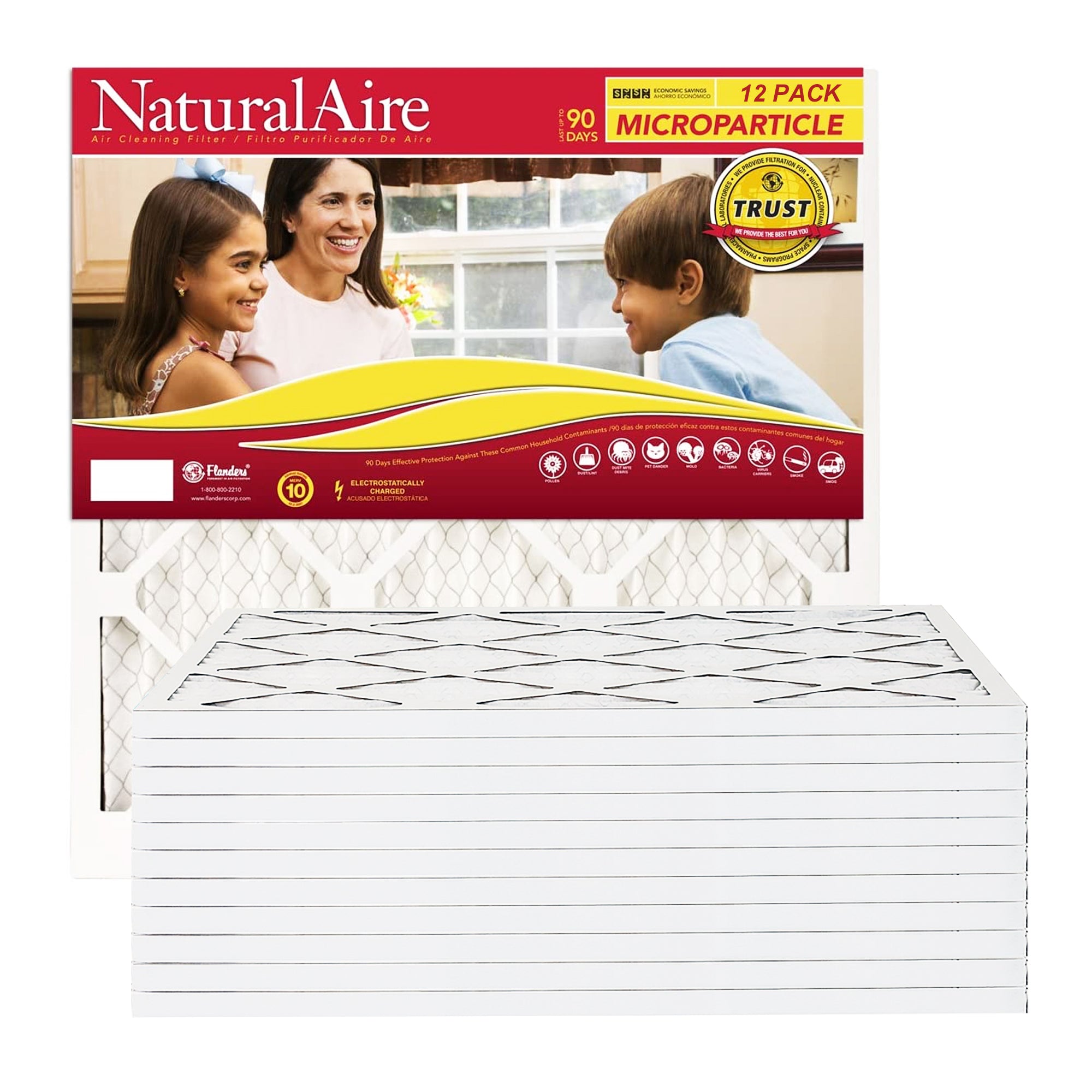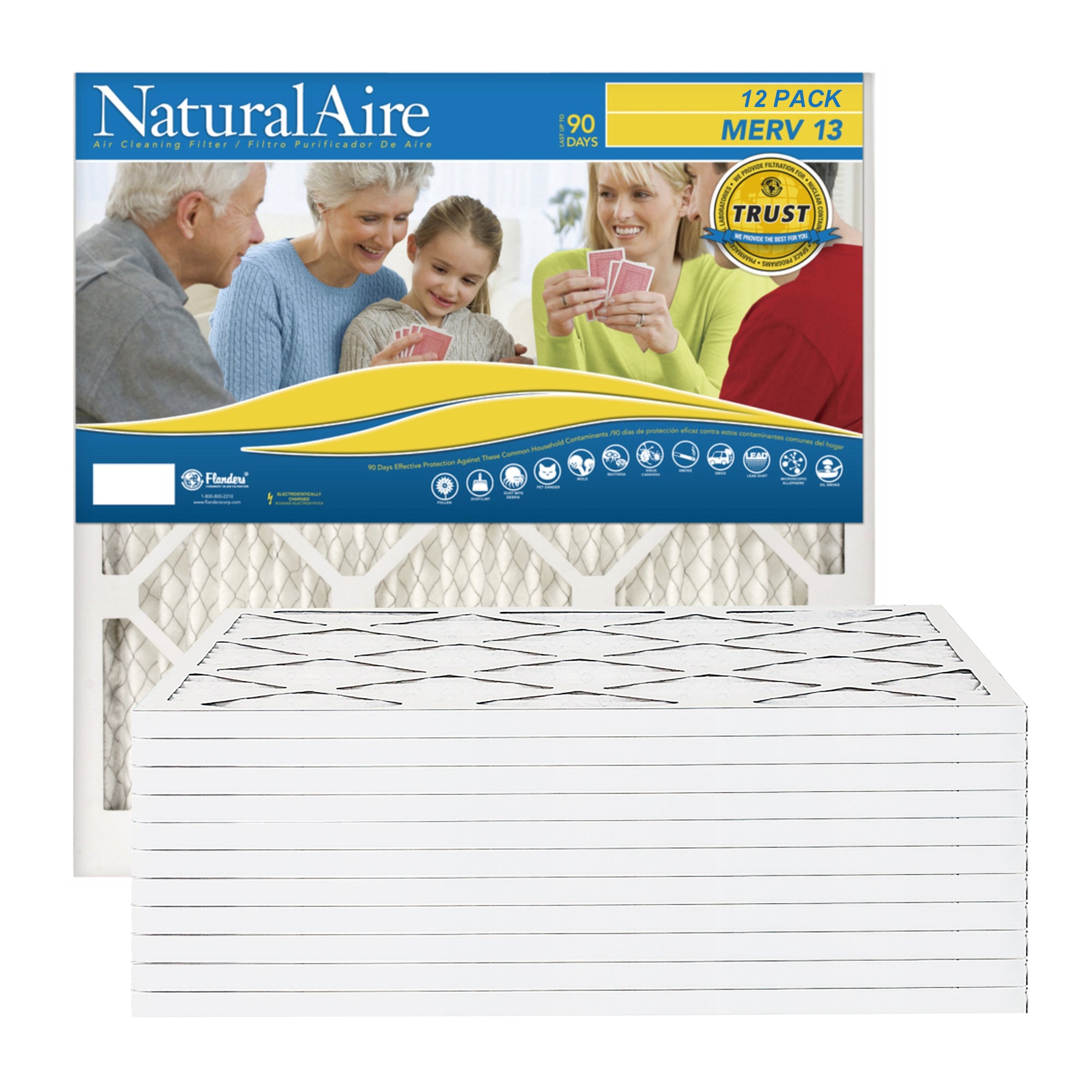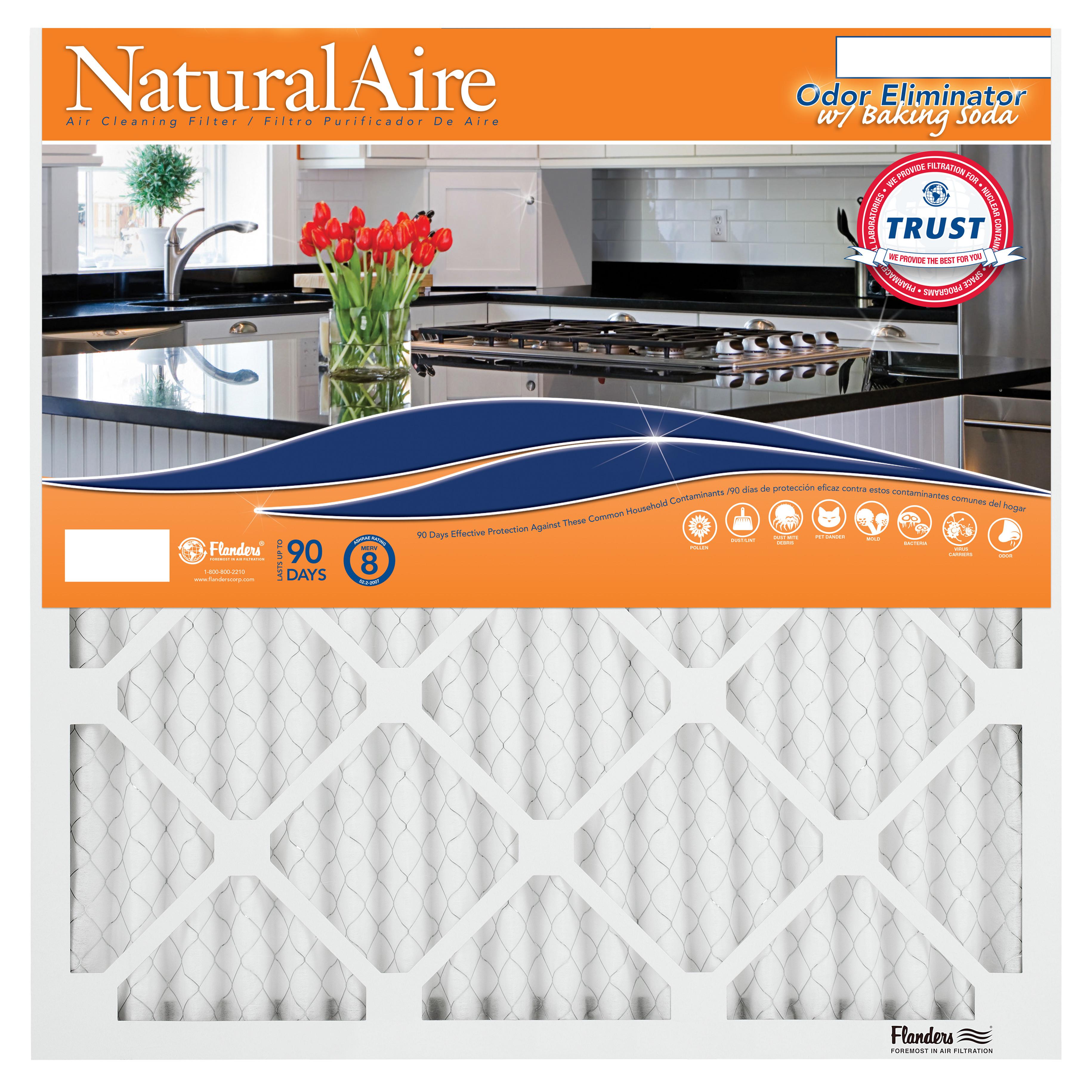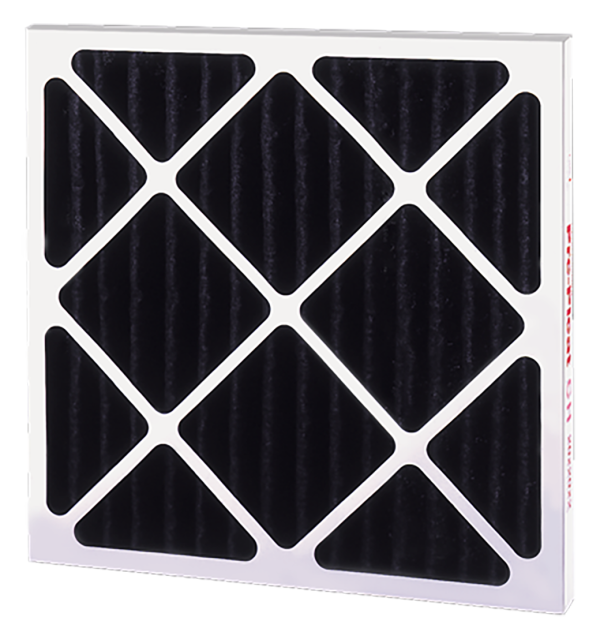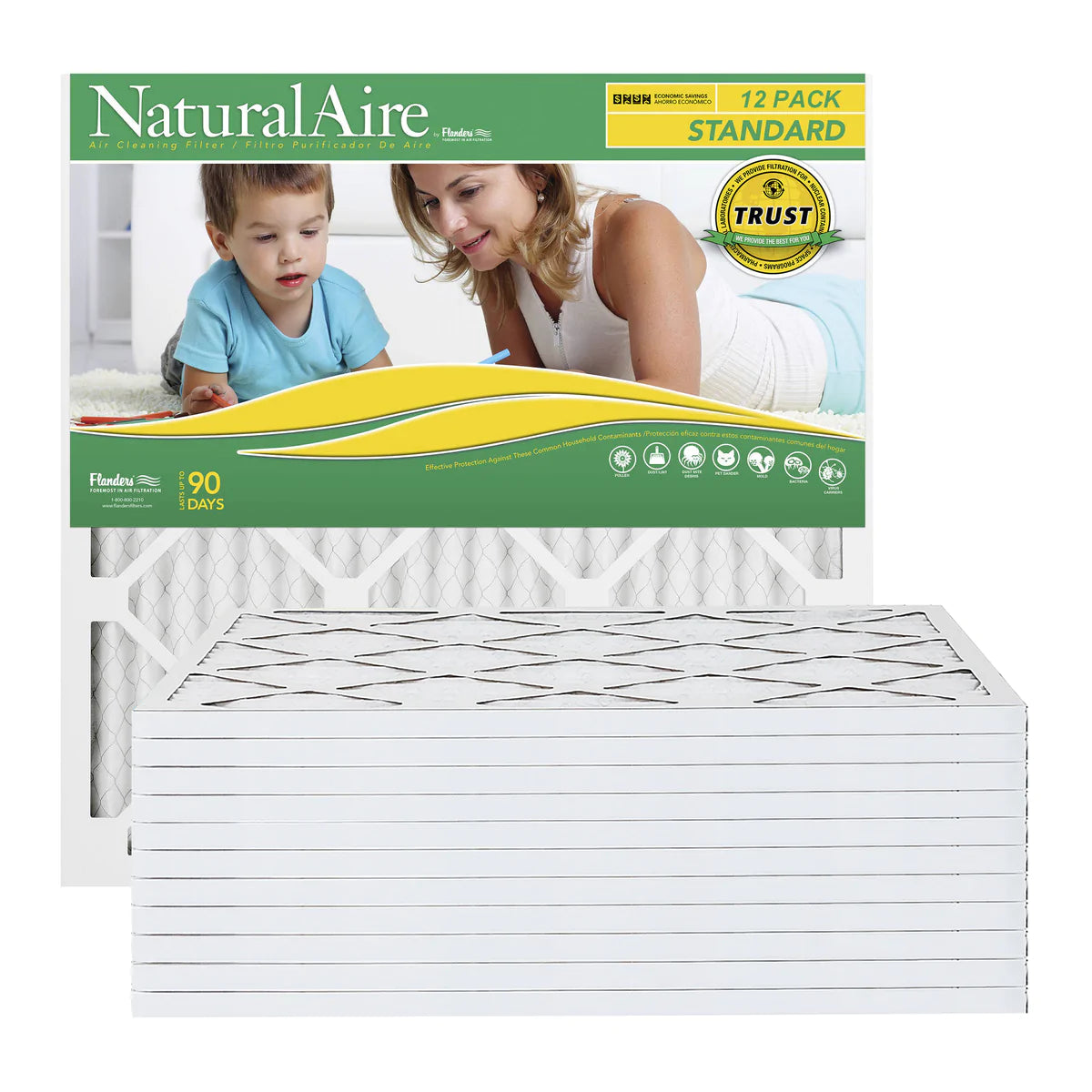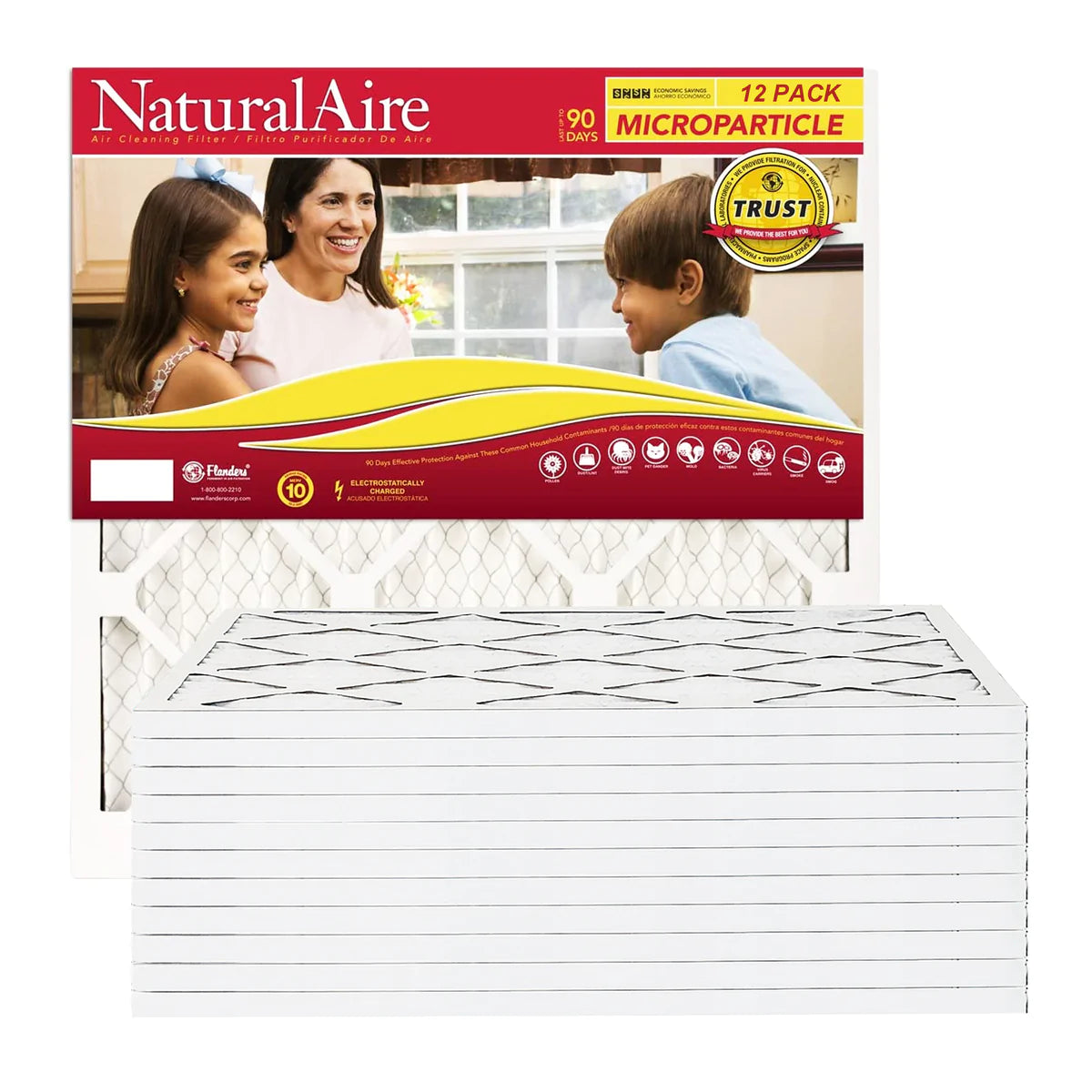Sleep is a vital component of our overall health and well-being. It allows our bodies to recharge, recover, and perform at their best. However, many factors can negatively impact the quality of our sleep, one of which is indoor air quality. This blog article will discuss how indoor air quality can affect our sleep and emphasize the importance of replacing your home's air filter to ensure a healthy and restful sleep.
The Impact of Indoor Air Quality on Sleep
Indoor air quality refers to the air within and around buildings and structures, especially as it relates to the health and comfort of the building occupants. Poor indoor air quality can result from various pollutants, including dust, allergens, mold, and volatile organic compounds (VOCs). These pollutants can have a significant impact on our sleep in several ways:
1. Respiratory Issues: Dust, allergens, and mold spores can trigger or exacerbate respiratory problems such as asthma, allergies, and sinus congestion. These issues can cause difficulty breathing, coughing, and sneezing, leading to interrupted sleep and decreased sleep quality.
2. Sleep Apnea: Sleep apnea is a condition in which a person's breathing is repeatedly interrupted during sleep. Poor indoor air quality and high levels of pollutants can worsen sleep apnea symptoms, causing frequent awakenings and overall poor sleep.
3. Irritation: VOCs, produced by household products and furniture, can irritate the eyes, nose, and throat. This irritation can cause discomfort and disrupt sleep, leading to a restless night.
4. Cognitive Function and Mood: Poor air quality can also affect our cognitive functions and mood, which can indirectly impact sleep. Studies have shown that exposure to indoor air pollutants may lead to impaired cognitive function, increased stress, and depression, all of which can contribute to sleep disturbances.
The Importance of Replacing Your Home's Air Filter
Regularly replacing your home's air filter is a simple yet effective way to improve indoor air quality and, subsequently, sleep quality. A clean air filter can:
1. Trap Pollutants: Air filters are designed to trap and remove contaminants such as dust, allergens, mold spores, and VOCs from the air. By regularly replacing your filter, you can effectively reduce the levels of these pollutants and create a healthier sleeping environment.
2. Maintain HVAC Efficiency: A clogged air filter can cause your heating, ventilation, and air conditioning (HVAC) system to work harder and less efficiently. This can lead to uneven temperature distribution and poor humidity control, both of which can negatively impact sleep quality. Regularly replacing your air filter can help maintain optimal HVAC performance and create a more comfortable sleeping environment.
3. Save Energy and Money: Replacing your air filter can also help you save on energy costs. A clean filter allows your HVAC system to operate more efficiently, using less energy and reducing your utility bills. Furthermore, regular filter replacement can extend the life of your HVAC system, decreasing maintenance and replacement costs in the long run.
Indoor air quality plays a crucial role in determining the quality of our sleep. Poor air quality can lead to respiratory issues, sleep apnea, irritation, and impaired cognitive function, all of which can disrupt sleep. By regularly replacing your home's air filter, you can significantly improve indoor air quality and create a healthier, more comfortable sleeping environment. Make it a priority to remember the filter, and you'll be on your way to a better night's sleep.


